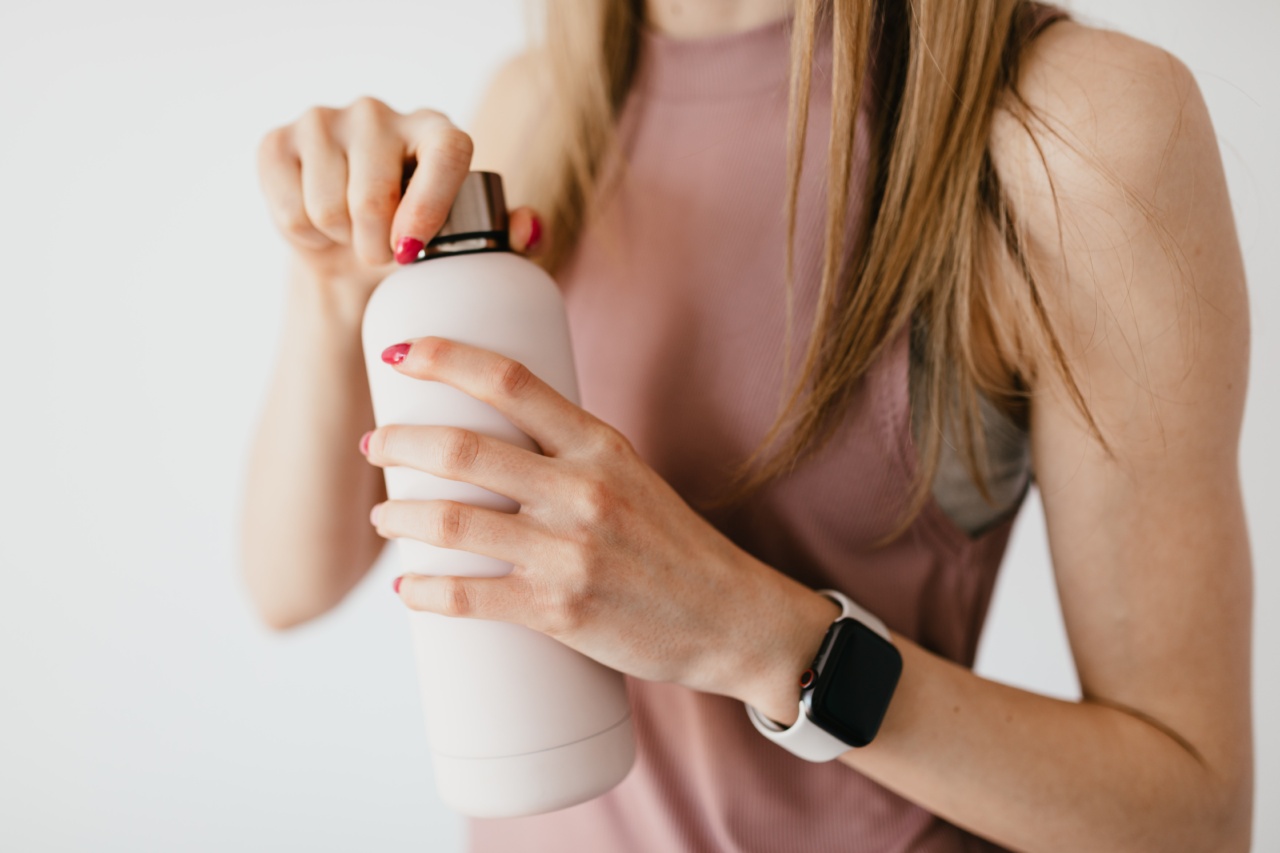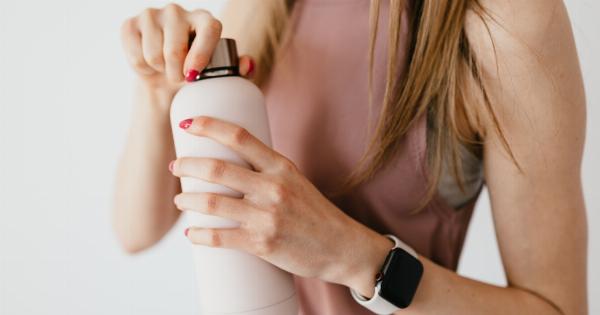When it comes to maintaining healthy hair, the shampoo you choose plays a crucial role. However, not all shampoos are created equal.
Many popular shampoos on the market today contain ingredients that can actually be harmful to your hair and scalp in the long run. To ensure your hair stays beautiful and vibrant, it’s important to be aware of what ingredients to avoid in shampoos.
In this article, we will discuss ten common ingredients found in shampoos that you should steer clear of if you want to maintain healthy and lustrous hair.
1. Sulfates
Sulfates are a type of detergent that are often added to shampoos to create lather and remove dirt and oil from the hair. However, they can be extremely drying and stripping, especially for those with sensitive or dry scalps.
Sulfates can also cause color fading in treated hair, so if you have dyed or chemically-treated hair, it’s best to opt for a sulfate-free shampoo.
2. Parabens
Parabens are preservatives that are commonly used in shampoos to prevent the growth of bacteria and mold. However, studies have shown that parabens can disrupt hormone function and potentially lead to health issues.
To reduce your exposure to harmful chemicals, look for shampoos labeled as “paraben-free.”.
3. Silicones
Silicones are often found in shampoos and conditioners because they provide a smooth and shiny appearance to the hair.
While silicones can give your hair a temporary boost, they can also create a buildup over time, making your hair look dull and lifeless. To maintain healthy hair, it’s best to avoid shampoos with silicones, or opt for ones that use water-soluble silicones that are easier to wash out.
4. Formaldehyde
Formaldehyde is a chemical often used as a preservative in cosmetics and personal care products. It is a known carcinogen and can also cause scalp irritation and allergies.
Be sure to check the ingredient list for formaldehyde-releasing agents such as DMDM hydantoin, imidazolidinyl urea, diazolidinyl urea, or quaternium-15, and avoid shampoos containing these substances.
5. Synthetic Fragrances
Artificial fragrances in shampoos may smell pleasant but can contain chemicals that can cause scalp irritation and allergic reactions.
Opt for shampoos that use natural fragrances derived from essential oils, or choose products that are labeled “fragrance-free” to minimize the risk of any adverse reactions.
6. Alcohol
Alcohol is commonly added to shampoos as a solvent or drying agent. While it can help to dissolve other ingredients, alcohol can also be extremely drying to the hair and scalp, leading to frizz, breakage, and scalp irritation.
Look for alcohol-free shampoos to keep your hair moisturized and healthy.
7. Sodium Chloride
Sodium chloride, or table salt, is sometimes added to shampoos as a thickening agent. However, it can be extremely drying and irritating to the scalp, especially for those with sensitive skin or conditions like psoriasis or eczema.
Avoid shampoos with sodium chloride if you want to maintain a healthy scalp and hair.
8. DEA, MEA, and TEA
Diethanolamine (DEA), monoethanolamine (MEA), and triethanolamine (TEA) are chemicals that are used in shampoos to adjust the pH and create a rich lather.
However, these ingredients can irritate the scalp, strip the hair of natural oils, and even react with other ingredients to form potentially harmful compounds. Opt for shampoo formulas that use gentler surfactants instead.
9. Synthetic Colors
Shampoos that have vibrant colors may be visually appealing, but these hues can be achieved through the use of synthetic colors that have no benefit to the hair. These synthetic colors can potentially cause scalp irritation and allergies.
Opt for shampoos without added synthetic colors to minimize the risk of any adverse reactions.
10. Propylene Glycol
Propylene glycol is a common ingredient in shampoos that acts as a humectant to help retain moisture in the hair. However, it can also cause scalp irritation, especially for individuals with sensitive skin.
If you have a sensitive scalp, it’s best to opt for propylene glycol-free shampoos.





























